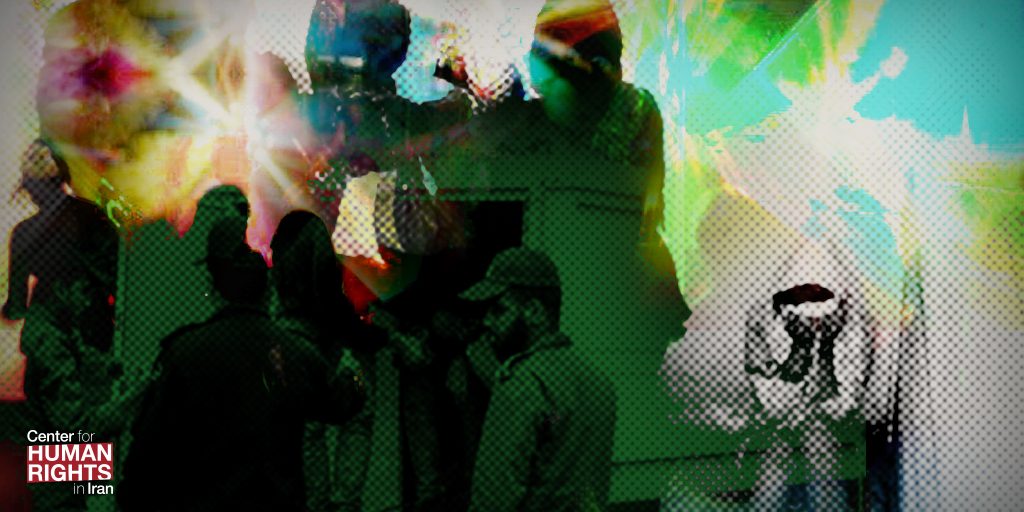25 People Arrested at Mixed-Gender Party in Iran

APRIL 23,
2019
Twenty-five women and men
were arrested at a private party near the Iranian city
of Gorgan, Golestan Province, on April 19, 2019, judicial authorities
announced.
“They were arrested at a
mixed [gender)] party,” said Reza Seyed-Hosseini, Gorgan’s city prosecutor.
“They did not have appropriate [Islamic] clothing and were consuming alcohol.”
“The judicial official on
watch ordered the arrest after receiving a tip from one of the people that the
party was at a villa on Naharkhoran Rd,” he added.
The prosecutor stated that
law enforcement agents discovered “tens of liters of homemade alcohol and
several bottles of foreign alcohol brands” at the villa.
Alcohol and mixed-gender
parties involving unmarried women and men are illegal in Iran but the law
regarding mixed-gender parties is arbitrarily enforced.
Iranian authorities
periodically launch crackdowns to discourage parties and sometimes
make arrests. Arrested partygoers are usually only briefly detained but could
also be charged.
In late January 2019, the
police arrested 72 people at a private party in the city
of Sari, Mazandaran province.
The city’s prosecutor,
Hossein Alemi, accused the detainees of consuming alcohol and “violating
Islamic morals” at a house where the owner had been allegedly convicted of
crimes involving gambling.
At the time, Alemi said
the accused were going to be put on trial. But there is no indication that the
partygoers were ever tried.
In November 2018, the
police arrested 50 men and women at a mixed-gender party
in Maragheh, East Azerbaijan Province. They were also accused of drinking
alcohol and not wearing proper attire in accordance with Iran’s Islamic laws.
Prior to his first-term
election campaign in 2013, President Hassan Rouhani promised less policing of
people’s personal lives but has failed to reign in hardliners who support the
policy and dominate the country’s security forces.
Speaking at a cabinet
meeting in April 2016, Rouhani said, “We have no
right to interfere in people’s private and public lives.”
“You cannot limit people’s
freedoms with decrees or arbitrary actions by individuals and institutions,” he
added.
No comments:
Post a Comment